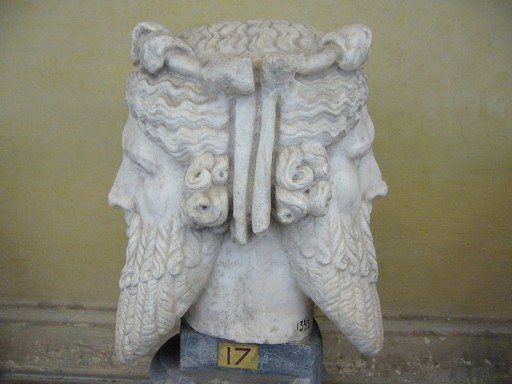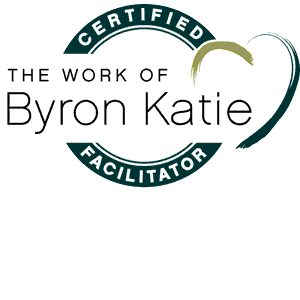
Doorways and gates. Passages between what was and what is yet to be. A time between times, a time full of potential for transformation. The Romans knew a bit about the power of transition when they named their very own new month January, after Janus. Janus was a powerful Roman god who held the keys to enter all gates and presided over new enterprises. He had two faces: one looking forward and one backward.
Two thousand plus years later January still brings to us all its potential. Our entire culture bows to this month with resolutions to make up for past indulgences. We rally our willpower to create a more auspicious future. It’s a hopeful time of year: as we look forward together to possibilities for the future, there’s a collective sense of momentum.
But sometime midway through the month you can almost hear the cogs begin to creak as the shininess begins to wear off the new resolutions. When you get that feeling inside, there’s a strong temptation to go right back through the doorway and slide into old habits.
And, unless you had a lobotomy for the holiday; this is not only likely, it’s completely understandable. Here’s why: no matter how hopeful the intentions, our habitual way of thinking about the world and about ourselves in the world doesn’t change just because we wish it would or will it into being. Because our brain cells are wired to fire together, they’ll just keeping doing their efficient thing. Our neural superhighways just keep rolling along. And we still have the same basic relationship with our daily habits, unless we’re super vigilant.
Here’s what this might look like, in a hypothetical person like someone I just might know. She was doing really well going off sugar after the holidays. She didn’t even think about it. Until she went out to coffee the other day.
And then there’s my client who decided to stop procrastinating for good the day he put up the holiday decorations. And then when he went back to work, he’d forgotten how much there was to do. Which made it as good a time as any to go online for a little break.
And so the past has a way of leaking through the door and becoming the future.
We tend to create the same thing unless we linger a little longer in the threshold . . .
Maybe the Romans were on to something, inspired by the two-faced god. Taking some time to look back allows us to actually prepare for the future. To notice what worked and what didn’t. Standing in the threshold, Janus can see where he’s been. He can take stock by questioning his assumptions. Is it true, for instance, that I need to be mean to myself in order to change? How do I approach my life, right here and right now, when I believe this?
What if I didn’t think that criticizing myself for past behaviors is necessary for me to create a different future? How would I approach those resolutions?
Asked with kindness, whole new possibilities emerge. Once you begin to feel into your answers, be concrete. What specifically will you do to change from a place of kindness this year?
Now there’s something to resolve to do.

